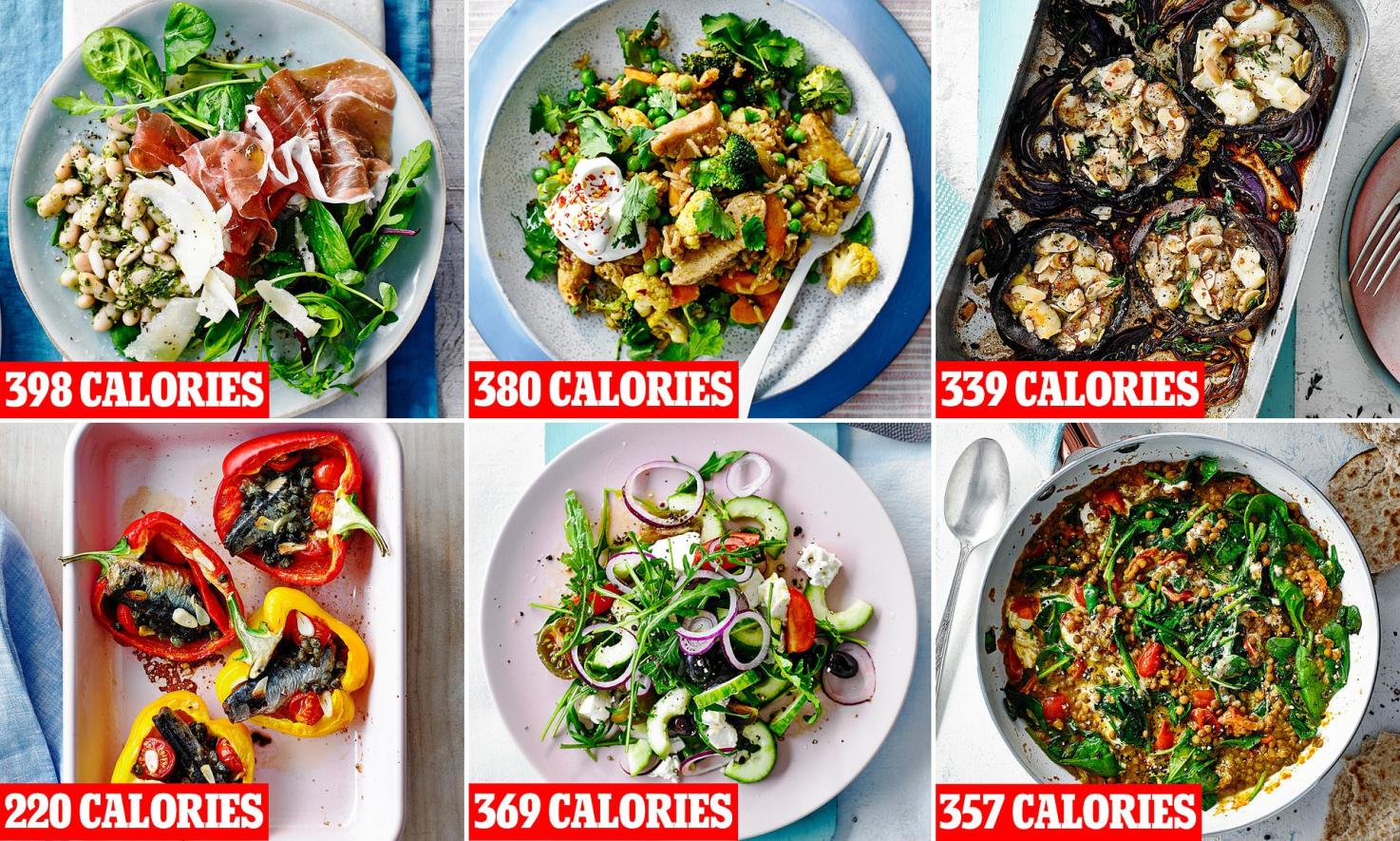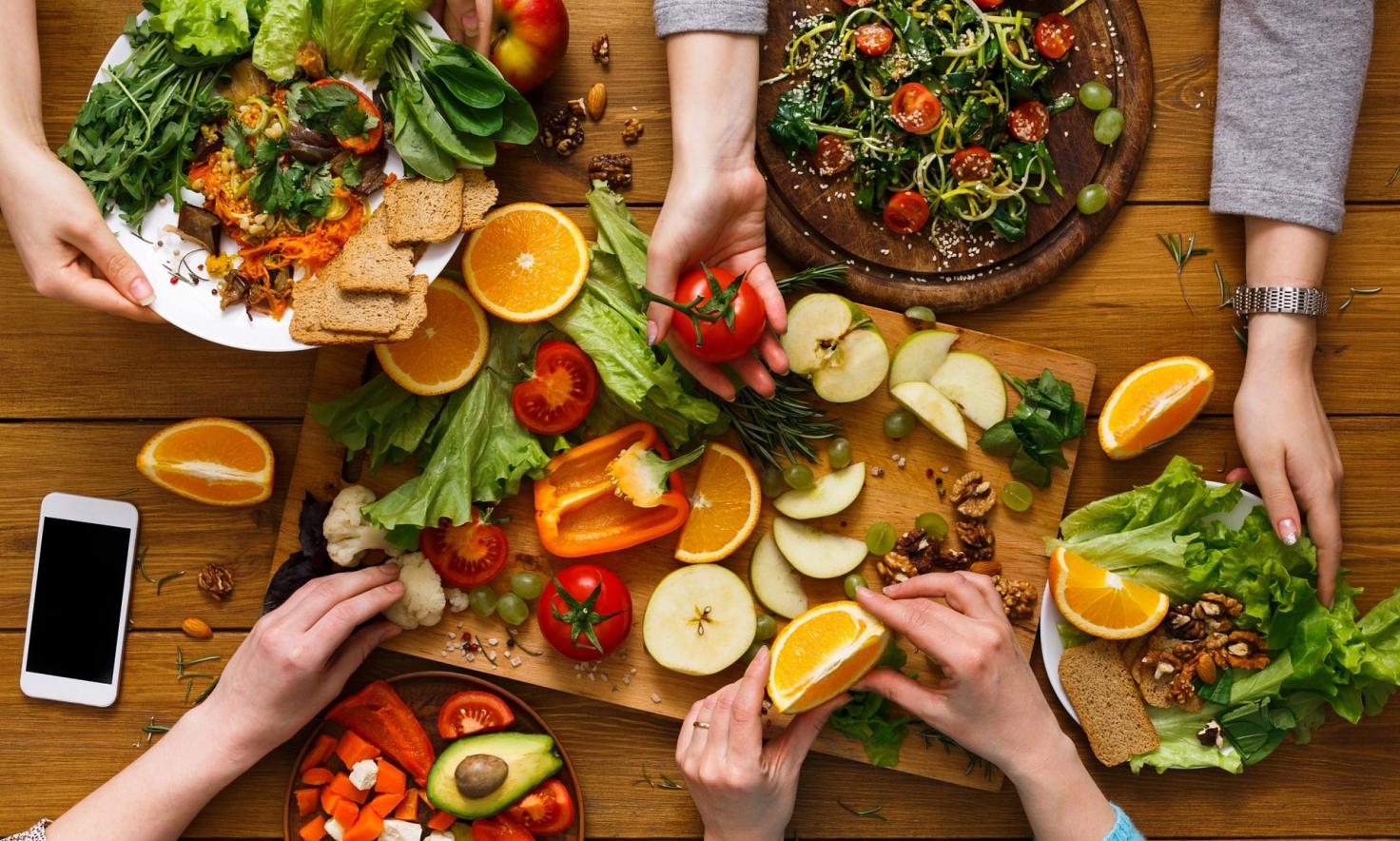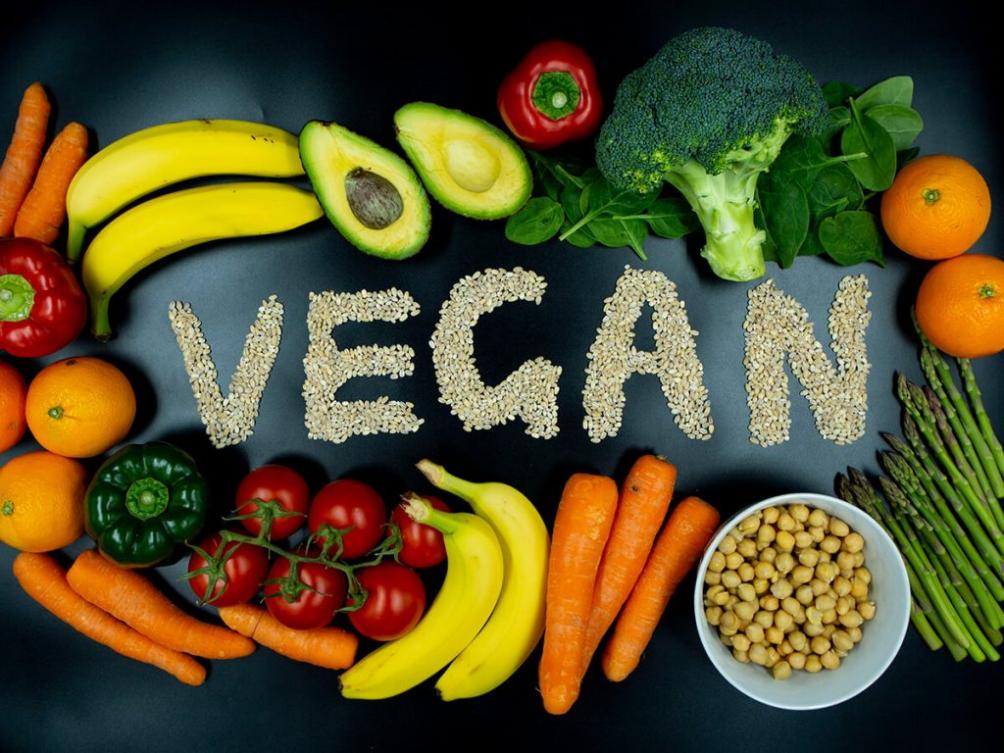The Art of Vegan Baking: Mastering the Techniques for Delicious Plant-Based Treats
In the culinary world, vegan baking has emerged as a delightful and ethical alternative to traditional baking practices. By excluding animal-derived ingredients, vegan baking not only promotes health and environmental sustainability but also offers a delectable array of plant-based treats that rival their non-vegan counterparts in taste and texture.

Defining Vegan Baking:
- Vegan baking excludes all animal-derived ingredients, including eggs, dairy, and honey.
- It embraces plant-based alternatives such as plant milks, nut butters, and flours, creating a rich and diverse culinary landscape.
Essential Ingredients And Substitutes:
Plant-Based Milks:
- Almond milk, soy milk, and oat milk are popular non-dairy milk options with distinct flavors and textures.
- Choosing the right milk for a recipe depends on the desired consistency and flavor profile.
Vegan Butter and Margarine:
- Vegan butter and margarine serve as substitutes for traditional butter, providing richness and structure to baked goods.
- They are typically made from plant oils, such as coconut oil or sunflower oil, and may contain additional ingredients for flavor and texture.
Eggs and Egg Substitutes:
- Eggs play various roles in baking, including binding, leavening, and adding richness.
- Common egg substitutes include flax eggs (made from ground flaxseed and water), chia eggs (made from chia seeds and water), and mashed bananas.
Sweeteners and Sugars:
- Natural sweeteners like maple syrup, agave nectar, and coconut sugar provide a healthier alternative to refined white sugar.
- Reducing sugar content in vegan baking is possible by using natural sweeteners sparingly and experimenting with sugar-free alternatives.
Techniques For Successful Vegan Baking:
Measuring and Mixing:
- Accurate measurements are crucial in vegan baking, as the absence of eggs and dairy can affect the balance of ingredients.
- Proper mixing techniques ensure even distribution of ingredients and prevent lumps or uneven textures.
Avoiding Common Pitfalls:
- Vegan bakers may encounter challenges such as dry or crumbly textures, lack of richness, or difficulty achieving the desired rise.
- Understanding the functions of ingredients and experimenting with different techniques can help overcome these challenges.
Achieving the Right Texture:
- Ingredients like cornstarch and xanthan gum can be used to create the desired texture in vegan baked goods.
- Adjusting the liquid-to-dry ingredient ratio is essential for achieving the right consistency.
Baking and Cooling:
- Proper oven temperature and baking times are crucial for successful vegan baking.
- Cooling baked goods properly prevents them from falling or cracking.
Popular Vegan Baking Recipes:
Vegan Chocolate Chip Cookies:
This classic recipe yields chewy cookies with gooey chocolate chips, satisfying any sweet tooth.
Vegan Banana Bread:
Moist and flavorful, this vegan banana bread is a delightful treat for breakfast or snacking.
Vegan Carrot Cake:
Indulge in a decadent vegan carrot cake with cream cheese frosting, perfect for special occasions.

Vegan baking is an art form that celebrates the versatility of plant-based ingredients. By mastering the techniques and experimenting with different recipes, bakers can create an array of delicious and ethical treats that cater to various dietary preferences and lifestyles. Embrace the joy of vegan baking and explore the endless possibilities of plant-based culinary delights.
For further learning and inspiration, consider exploring cookbooks, blogs, and online communities dedicated to vegan baking. With a little practice and creativity, you'll be whipping up delectable plant-based treats that will impress your taste buds and nourish your body and soul.

YesNo

Leave a Reply